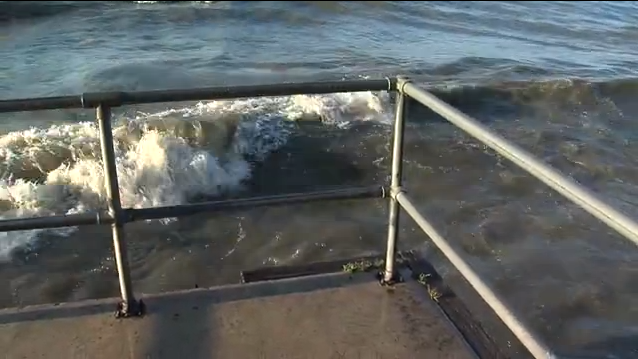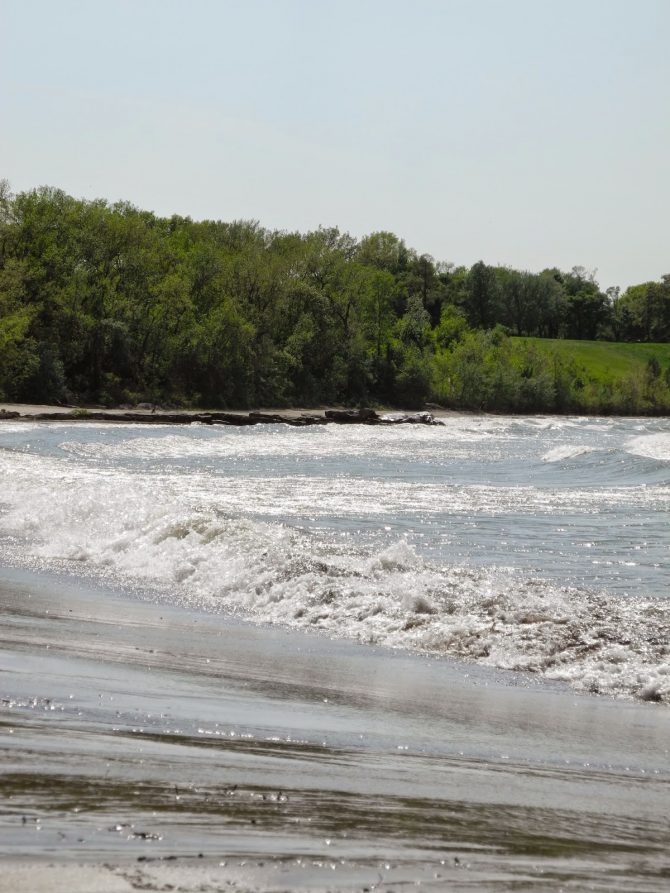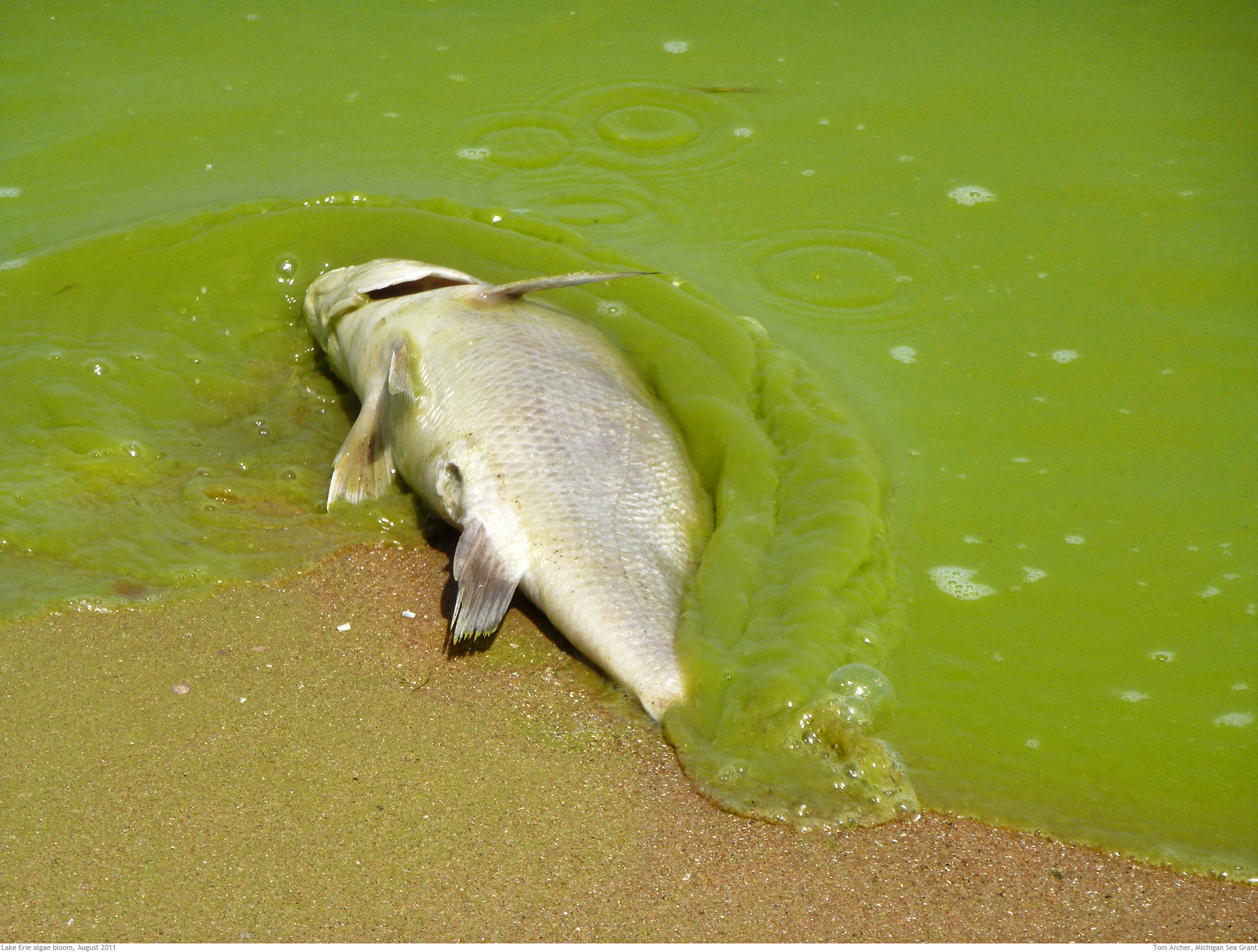
OPINION: Toledo’s “Do not drink” order should be a wake-up call
Posted by Jared Shepherd
- 3621 Views
- August 4th, 2014
- in Miscellaneous
- No Comments
Much like the 1969 fire on the Cuyahoga River, it takes catastrophic events to get real action.
This weekend, in Toledo, a large population base was adversely impacted and could not use its potable water system for the most basic needs, cooking and drinking. We need to ask ourselves: Should this be happening in 2014?
The answer is simple: No.
For decades, leaders at all levels have known about the factors, including polluted stormater runoff, which was a major cause of the situation in Toledo. For years, the wastewater industry has been aggressively pushing the need for a broad-based approach to deal with non-point pollution and stormwater management. In Greater Cleveland, the Northeast Ohio Regional Sewer District developed a program, the Regional Stormwater Management Program, to address regional stormwater problems like runoff. Unfortunately our authority to carry out this program has been delayed by litigation that will soon be decided by the Ohio Supreme Court. In the meantime, stormwater problems, like erosion, flooding and water quality issues, will only continue to increase in our region.
We in Greater Cleveland are fortunate to have a water system that sits in a better strategic position and is constructed with ample redundancy to assure reliability. So we do not have a problem now. But we would be foolhardy to not consider our vulnerability in the future and our region’s contributions to non-point sources that foul our waterways that feed into Lake Erie.
This event highlights the importance of our continued investments in treatment facilities, the mitigation of sewage overflows, maintenance and renewal of local sewage-collection systems, and the need to manage stormwater on a regional basis.
Julius Ciaccia
Executive Director


